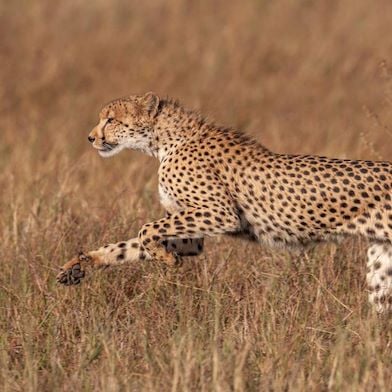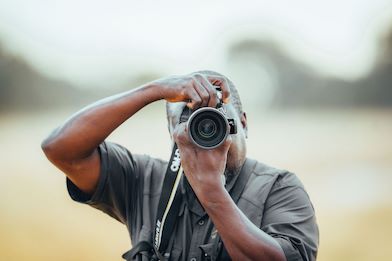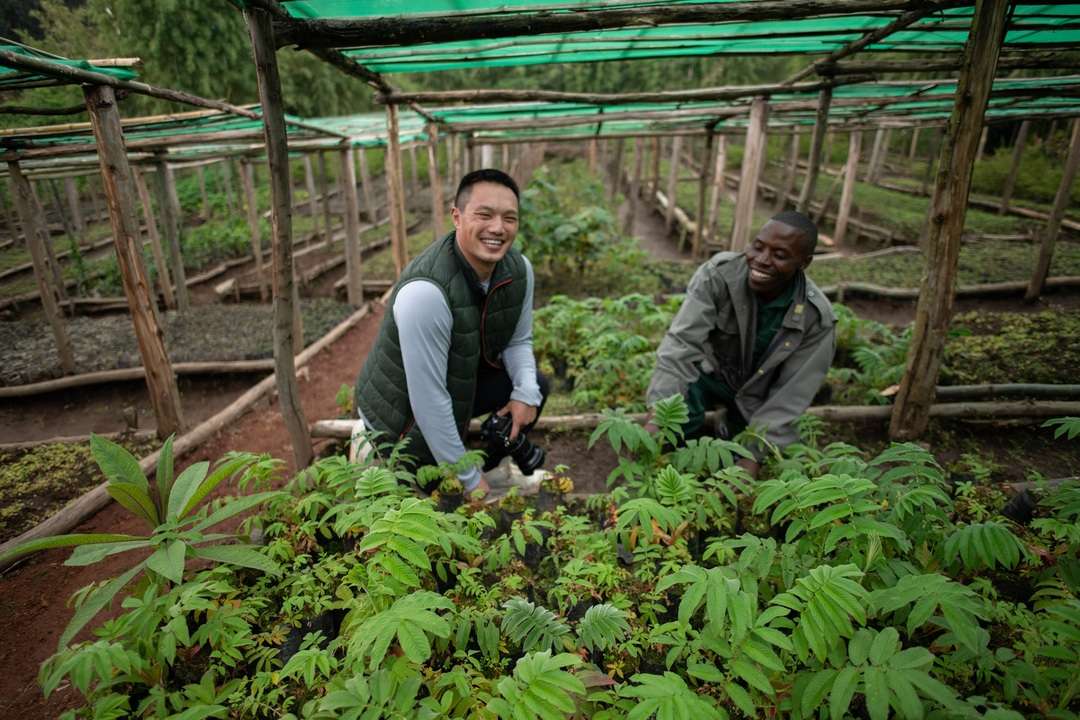Have you had any formal photography training and if not how did you get to where you are today?
I haven't had any formal photography training, I went to school for business actually. Growing up, I'd always loved creativity. I loved the freedom of it, to be able to dream, and to try and create whatever I wanted. The challenge/big question however, was thinking up how to make a living from it. At the time, I had no idea what the answer to that was, but I was determined to keep creating.
Eventually, my work began to get picked up and I earned a trip to Patagonia with a company. In Patagonia, I saw my first big mountains, my first glaciers. It was a life-defining moment to see a place like this. I wanted more than ever, for everyone to be able to experience the same thing.
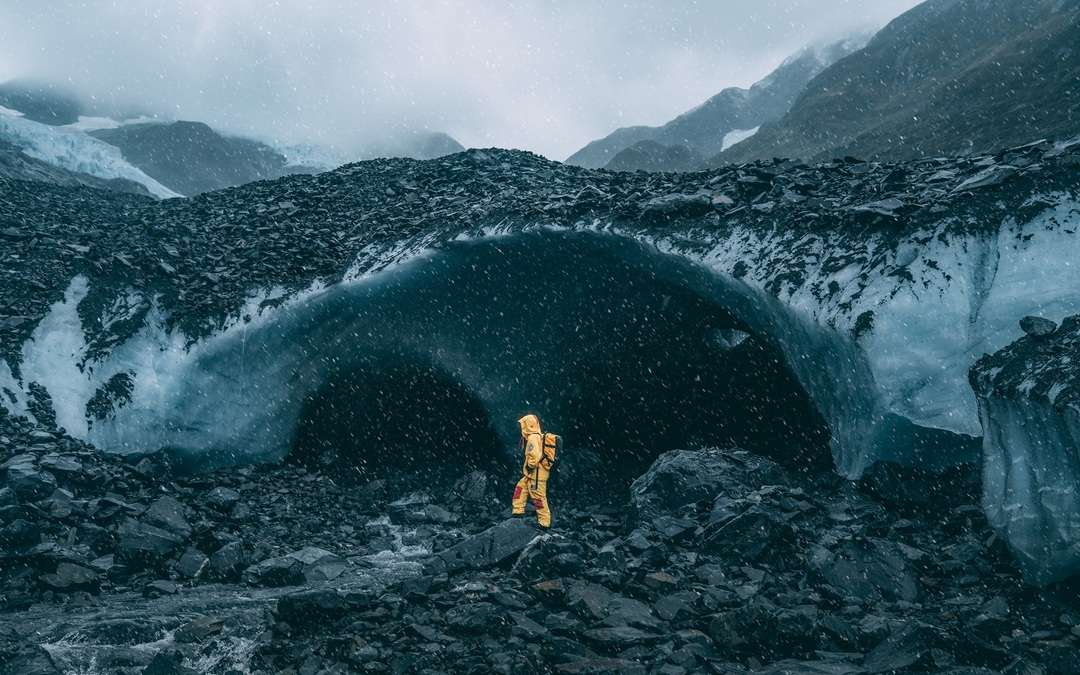
What animal would you most like to capture that you haven’t already?
This one is more of a dream scene, I’d love to capture one of the big cats in action/on the chase, etc. with just the right amount of motion blur. It’s hard to put into words–so many things have to fall perfectly into place. Hopefully I’ll be able to show you in a photograph one day.
What do you love most about your work as a landscape/wildlife photographer?
I love being able to share experiences and stories with others, and having photographs to go with those stories. You never know what new experiences will come out of these conversations.. Sometimes it’s a pleasant “that’s cool, I’d love to go there one day.” And sometimes a few years later, you’ll hear back, ”I went on that trip you told me about, it changed my life.”
Where in the world is your favourite place to capture landscape/wildlife photos and why?
Currently, my favourite place to capture landscape/wildlife would have to be Africa. I’ve only just begun to explore it, and I know there is SO much left to capture on the continent. It’s unlike any place I’ve ever been. The diversity is incredible.
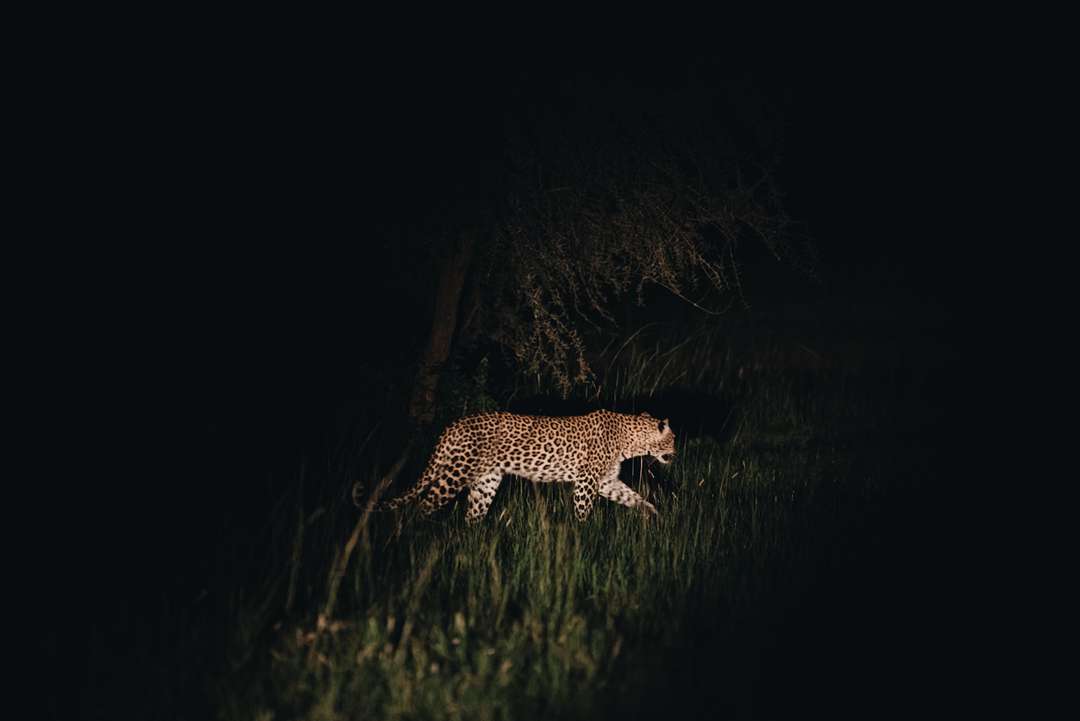
What advice would you give to young photographers who are just starting out and considering pursuing a career in wildlife photography?
Go after it with everything you have. Find a mentor, connect with others, not just within photography. Take what you learn from outside of photography, and bring it into your world. That will help give you a unique perspective. Don’t be afraid to ask for help. Invest and trust in yourself, and find others who will too.
What are your top tips for capturing wildlife in its natural habitat?
Practice, patience, and persistence are key. Get to know each type of wildlife, learn about their behaviours and learn their whole ecosystem. This will provide you with a better guess on their next move. Practice and be as prepared as you can, and with a little bit of luck, you’ll be ready when that special moment comes.
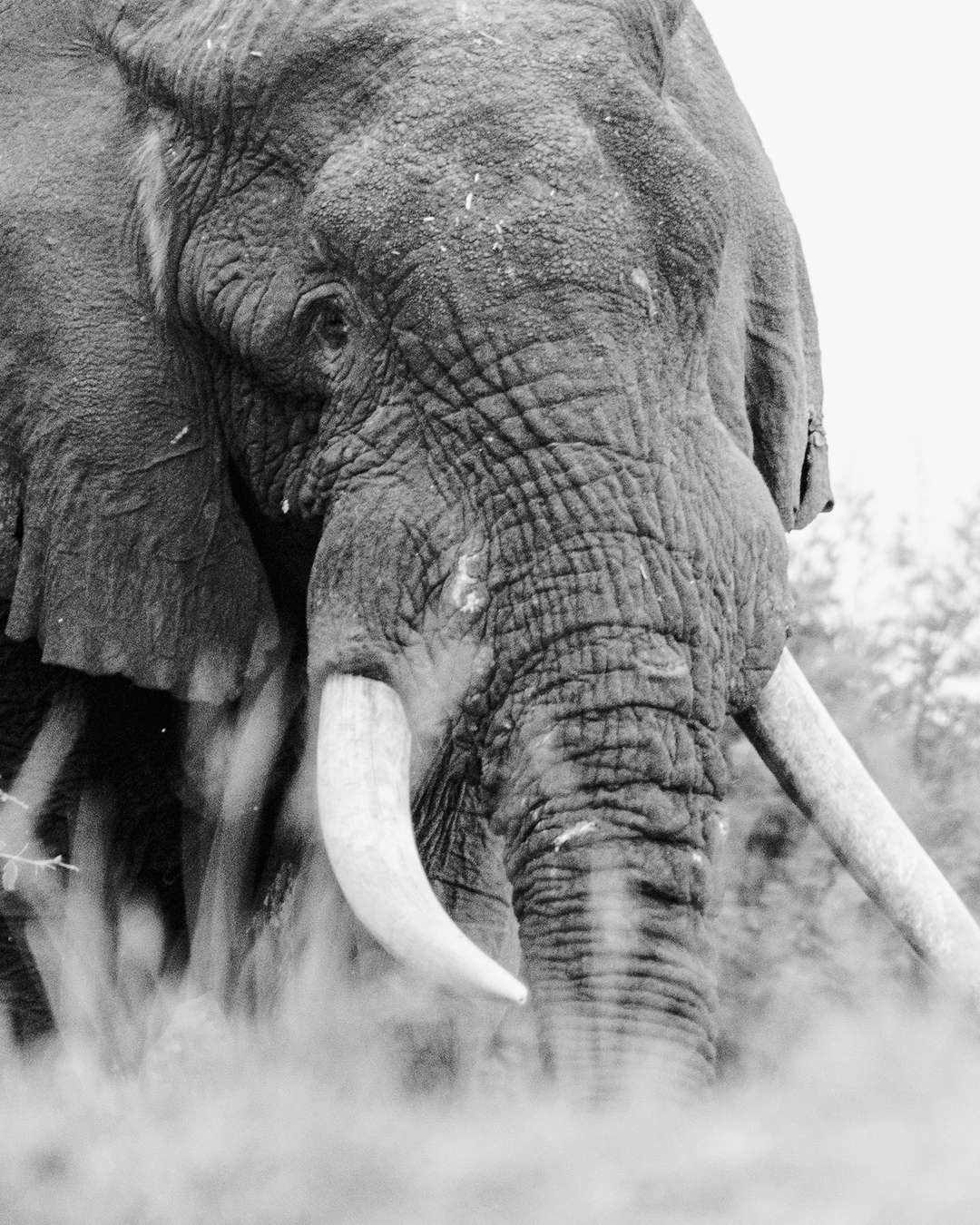
Do you have anything exciting on the horizon that you can tell us about? Or your next planned visit to Africa?
Yes! I’m hoping to revisit the continent with Wilderness this September/October!
Was there ever a moment you thought you were too close to the action?
I don't mean to sound overly dramatic – but yes, there have been many times where I thought I was too close to the action. I love big mountains, blizzards, big ice, extreme weather, etc. But, with these elements come risk and uncertainty. It seems to be a never ending effort, of balancing what I love, but staying safe at the same time.
What is one of your favourite images of Africa (that you have taken) and why?
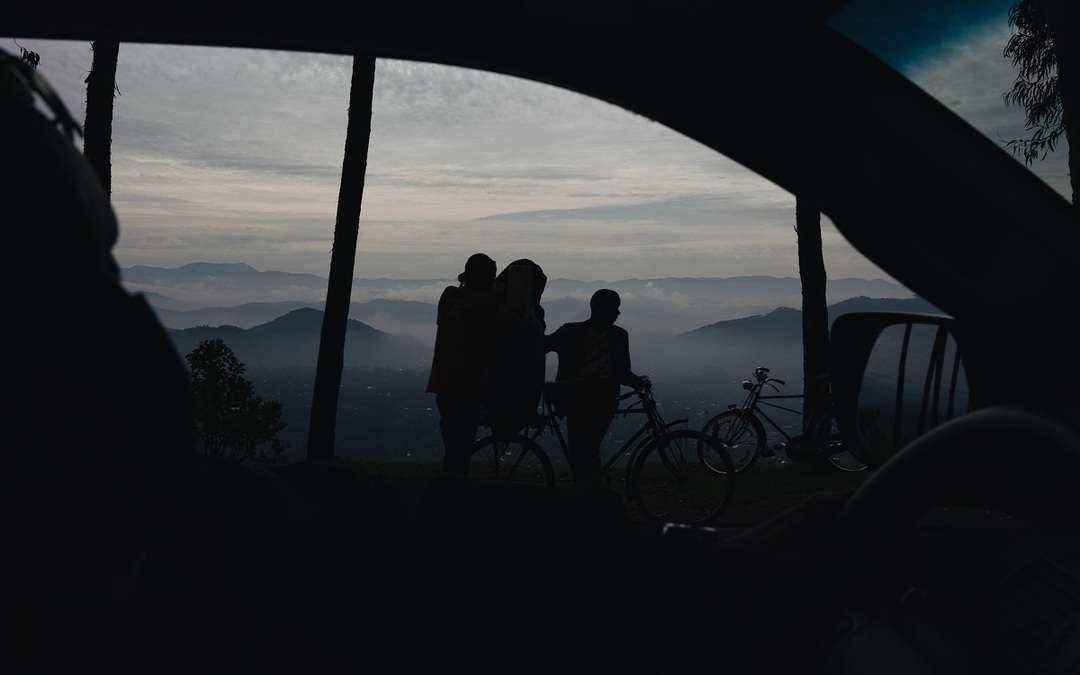
One of my favourite images of Africa that I have taken would be the photograph above. This photo really speaks to me about Africa–Rwanda specifically. The layers, the rolling hills, the contrast of light versus dark, the mystery of the silhouettes. This was photographed on our way up to Bisate.
For aspiring photographers, those of us who simply point and shoot, what would you suggest to a novice who wants to try something other than the standard setting?
Take some time before your trip, to think about shots you want to capture or stories you want to tell. Make a list of photographs you want to create. Each day, evaluate what you did well, and what you could've done better. Repeat for each photographic journey you have in the future.
You recently travelled to Africa for your first time. What stood out most for you on the trip?
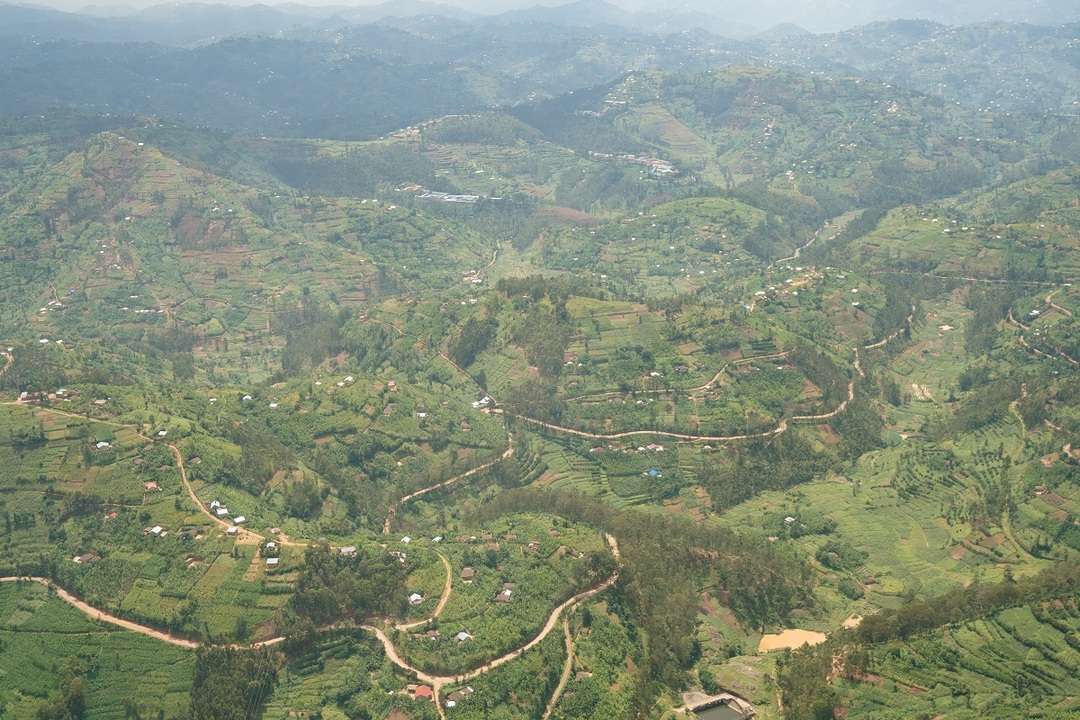
One of the standouts was the tranquillity of the vast, wide-open spaces, tied into how well protected they are. From the land, to the wildlife, to the people, everything is connected so seamlessly, in a well-balanced ecosystem. I was endlessly fascinated by the countless interactions, at every level of the ecosystem, and the ripple-effects. Something else that stood out to me were the culinary experiences. The food and service rivals some of my favourite restaurants in the world. At Bisate, I loved seeing their organic garden where fresh ingredients were gathered for meals.
Any touching or mind-blowing moments from the camps?
The staff at both Bisate and Magashi made me feel like family, before words were even exchanged. Throughout my stay, one of the things I enjoyed most was connecting with other guests and staff. We exchanged stories from around the world, we talked about things we loved, things we dreamed of doing. We shared challenges we faced, and challenges we had overcome. It was amazing to be able to connect on such a deep level with people I had just met.
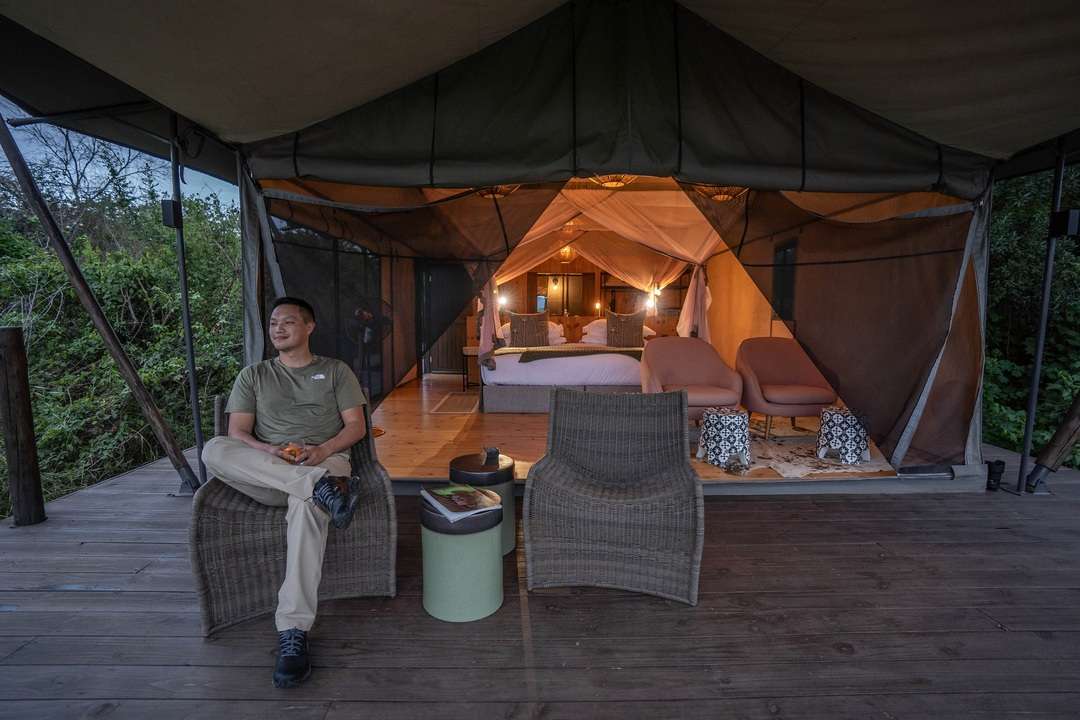
What surprised you the most?
What surprised me the most was how much of an impact people would have on me, throughout the trip. A lot of the places I go are very remote, and sometimes there is little interaction with people. Just wild, vast landscapes. Whether it was with other guests or staff, I really enjoyed the conversations and experiences we shared.
Any new tips you learned photographing African wildlife and landscapes?
Photographing new wildlife and landscapes is one of my favourite ways to continue learning. Each day we went out on an adventure, I was eager to learn how the wildlife interacted with the environment, on every level. I was lucky enough to be joined by Gaël Vande Weghe, a local conservationist who was raised just outside of Akagera National Park, and literally 'grew up with lions’. I probably asked him a hundred questions a day about the wildlife and landscapes. Every time I get to be somewhere beautiful like this, I'm reminded that to take truly great photographs, I need to get to know the land/wildlife etc. on the deepest level. Not just visually, but scientifically, even emotionally. How does the wildlife behave, and why? How did the land get to be like this, and why?
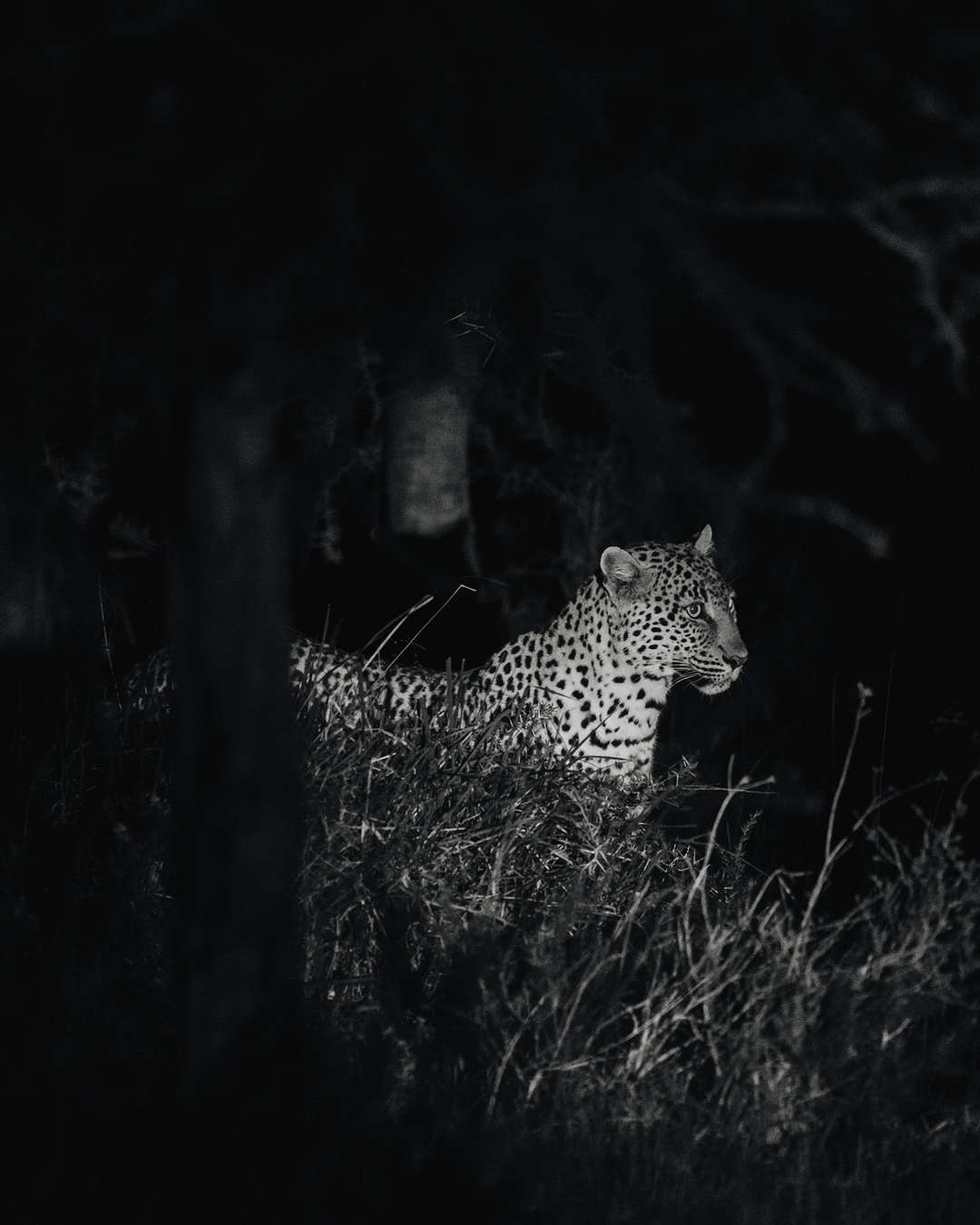
One of my favourite experiences was spending time tracking wildlife with our guide Alphonse, who recently became one of the first Rwandans to achieve FGASA qualification. Amongst his peers, Alphonse is known as the 'leopard whisperer.' I soon found out why … as on our very first night, we saw the leopard pictured below. To see Gaël's and Alphonse's knowledge of the animals was inspiring, it made me want to get to know the wildlife on a deeper level.
Tell us about your gorilla-tracking experience at Volcanoes National Park.
It's challenging to put into words what seeing gorillas in the wild for the first time was like. To know that we share 98 percent of the same DNA as gorillas is mind-blowing. I saw one lying on its back relaxing, with its hands supporting its head, and I thought to myself, 'Hey, I do the same thing at home on my couch!' In another instance, I saw a mother cradling her baby. That was a special moment.
Was there a moment when you were too caught up in what was going on around you that you forgot to take a photo?
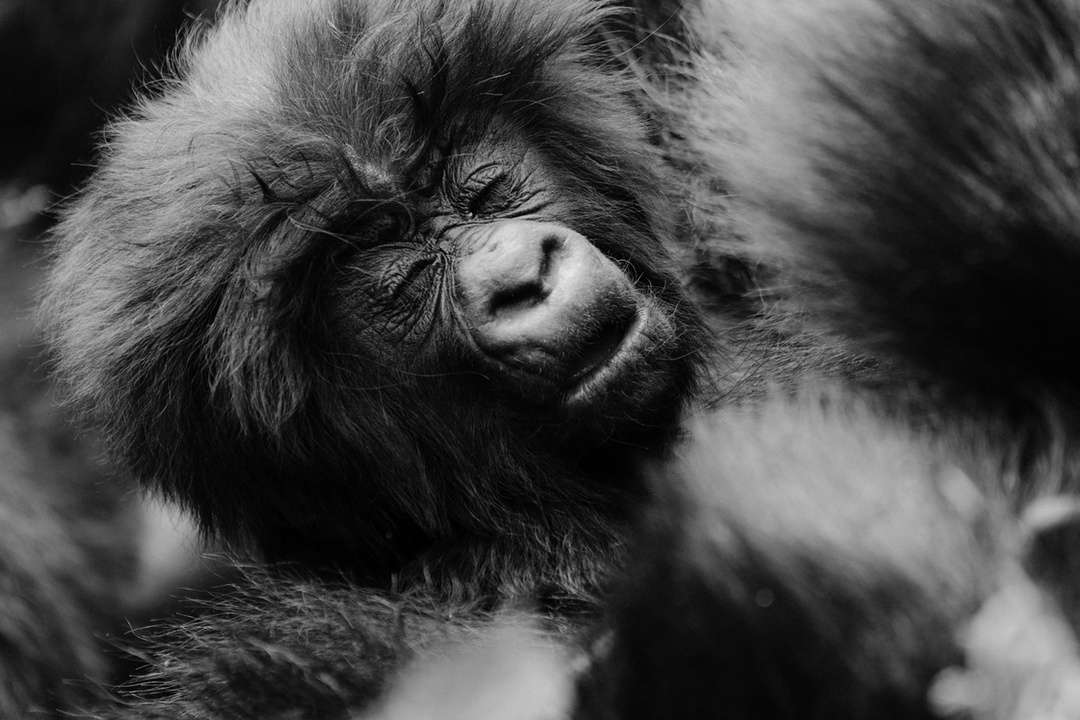
Yes! The moment I saw the mother gorilla cradling the baby. That was the same moment the whole essence of the trip really hit me. I almost forgot to take a photo.
What was it like seeing your first African lion in the wilderness?
Something I will never forget. I was at Magashi for four days, and although nothing is ever guaranteed with wildlife, four days at Magashi probably means that you’ll get a pretty good chance to see lions in the wild. By my fourth day, I hadn’t seen any lions. On our way back from our final game drive, I was pretty bummed, but had made peace with not getting a great lion photograph; soon we had to head to the helicopter to fly to Bisate. Then, just like that, we got word there were four lions near the camp. When we arrived, it was one of those surreal moments. I remember thinking to myself, 'Wow, I'm really here right now. I've been dreaming of this my whole life. This is it. I hope this is something everyone will get to see one day’.
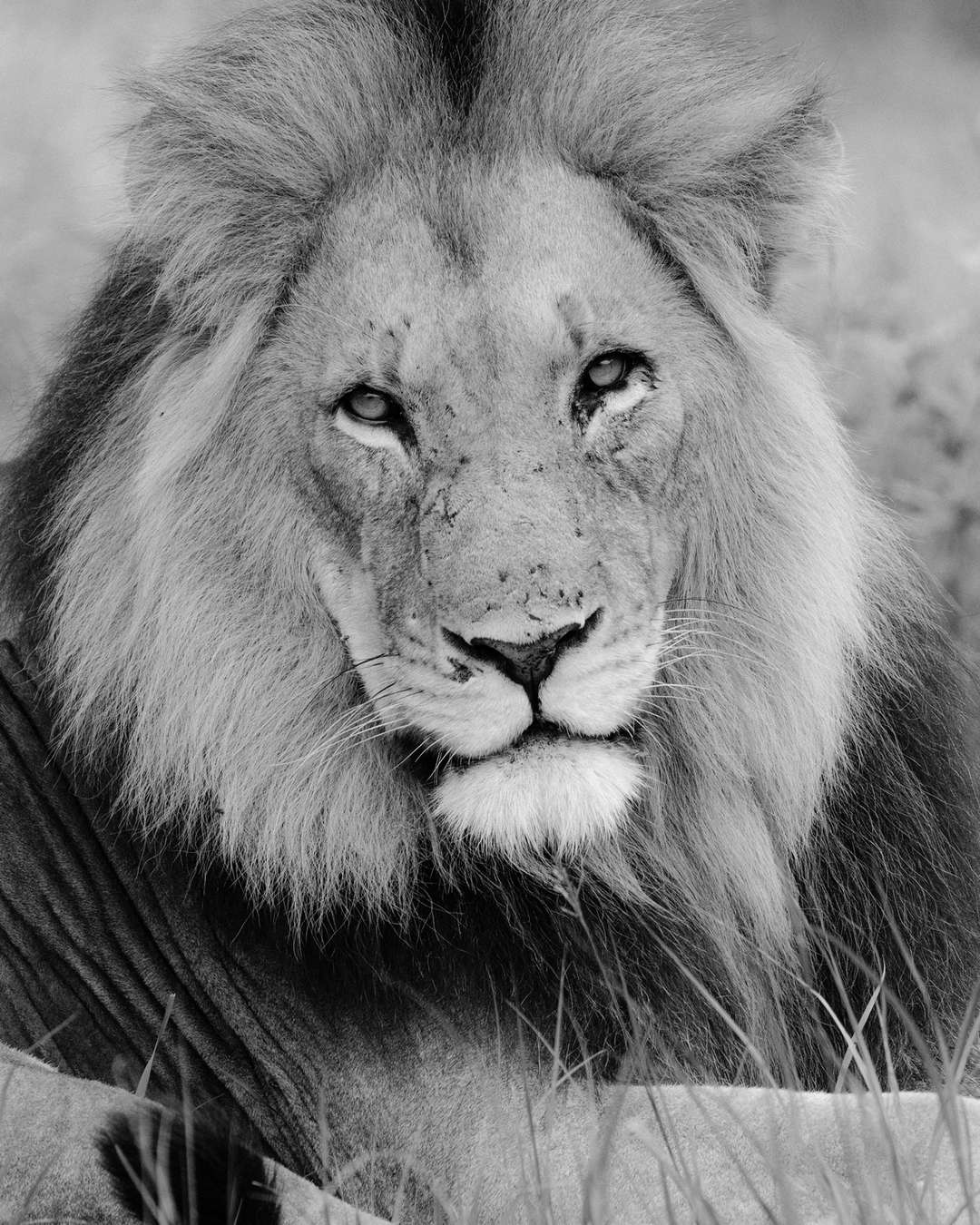
Did you manage to experience any of Wilderness’ conservation initiatives?
The impact of Wilderness conservation efforts was present almost everywhere I looked. From uplifting local communities and staff, to keeping the land wild/protected, and everything in between. One of my favourite examples was visiting Gishwati, home to a future Wilderness camp. There, I was able to see early stages of how much work has to be put into building a camp sustainably. Overall, to see Wilderness pioneering sustainable conservation in Rwanda is a wonderful sight to see. One day, I hope we can see conservation at this level everywhere.
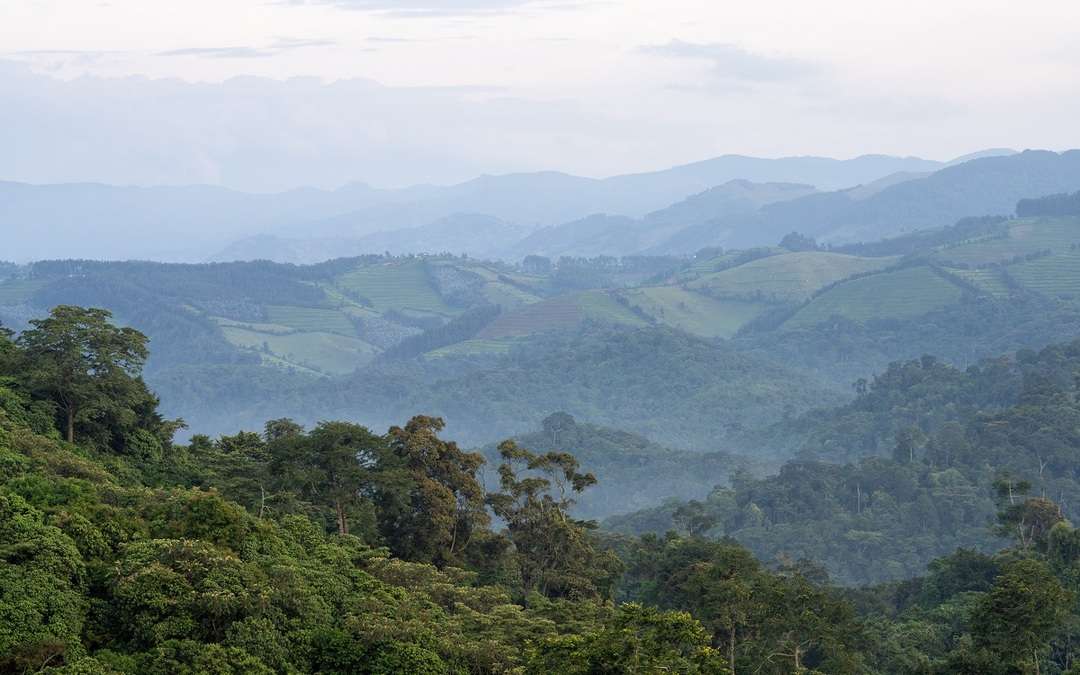
Was Africa everything you expected?
Africa was everything I expected, and more. Admittedly, like many, I tended to think of lions, elephants, etc. when I heard the word 'safari’. I saw those, and they were wonderful, but what I didn't expect was the level of hospitality throughout Rwanda. I can't think of many other places I've visited where I felt so welcomed. I truly hope people enjoy my Rwandan photographs. If they've already been there, I hope these photographs bring back fond memories of the experience. If they haven't been yet, maybe these photographs will inspire them to see it for themselves. People can follow along on Instagram, at @WeAreWilderness and @AndrewLing, for more to come!

